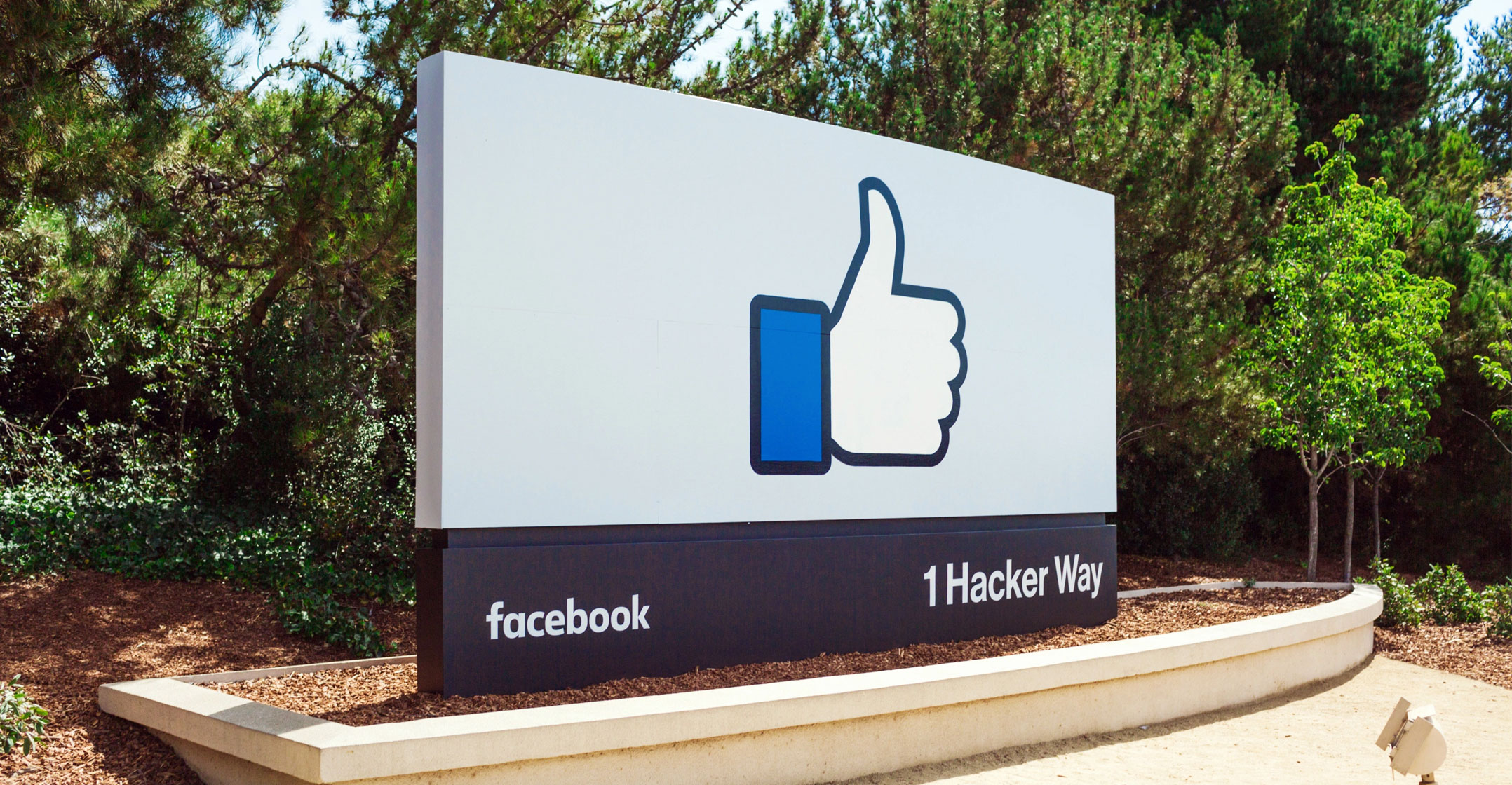
What happened?
That’s what many of Facebook’s investors have spent the last 18 hours wondering. On Wednesday, the company posted disappointing figures for second-quarter revenue, user growth and profits. Executives also warned that Facebook’s rapid rate of revenue growth would become relatively pedestrian for the rest of this year and that a surge of spending would drastically drag down profit margins for the next several years. During a conference call with stock analysts, nearly every word out of executives’ mouths was more alarming than the last.
The reaction was utter panic. Facebook shed US$120-billion in stock market value on Thursday, the biggest single-day loss of market value ever for a US public company. (To be fair, Facebook is still valued at more than $500-billion, about where it stood at the beginning of May.)
Now the question is what went wrong, and how much Facebook, its stockholders and the rest of the technology industry need to worry about the company that has been the biggest success in tech in the last decade. Here are four possible explanations for what happened, and how bad it is for Facebook and beyond:
1) A communications breakdown
This idea is that what happened on Wednesday was a failure to adequately flag warning signs to Facebook investors. The explanations Facebook gave for an expected slowdown in revenue growth later this year — a drag from fluctuations in foreign-currency rates, a shift in priorities to newer types of Internet activity that generate relatively lower ad sales, and decisions to be less invasive in harnessing information about users — seemed to come mostly out of the blue.
Sure, Facebook had been saying it’s hitting the gas on Stories, the photo-and-video diary formats for the social network and Instagram. Currency swings aren’t necessarily predictable, and CEO Mark Zuckerberg had been saying that changes to limit the mindless use of Facebook could hurt business. But the company wasn’t explicit before on the possible scale of impact from the changes it is intentionally making to its Internet hangouts. If the company could predict this, then management failed to properly set investors’ expectations.
2) Investors didn’t take Facebook’s hints
While investors could justifiably claim surprise at the forecast of a growth slowdown, perhaps they shouldn’t have been surprised about squeezed profit margins. The company has been saying for months that it was increasing spending drastically for a range of priorities, including hiring more people and devoting more technical resources to prevent its digital hangouts from being overrun by misinformation, politically motivated propaganda and incitements to violence. Facebook is also doubling down on programming for its Web video services and for its global network of computer data centres.
The company forecast that its operating costs would increase by as much as 60% this year compared to 2017, although analysts tended to dismiss that forecast as too high. It now looks as though that estimate won’t be far off. To defend investors, however, perhaps the most alarming thing in Facebook’s litany of alarms was a prediction of a sharp pinch on profit margins for the foreseeable future. The company forecast operating profit margins somewhere near 35% over the next several years. That is a stunning deceleration both from recent history — that margin was 45% in the first half of 2018 — and from investors’ expectations of profit margins around 44% in 2019 and 2020. That was a stunner.

3) Facebook is being intentionally overcautious
Facebook is the boy who cried wolf on financial issues. Nearly two years ago, the company sparked a mini-panic when it cautioned that its revenue growth rate would “meaningfully” slow around mid-2017 because Facebook couldn’t keep shoving more advertisements into its social network. Investors worried for more than a year about those words. In the end, the growth rate barely ticked down by late 2017.
It’s possible that Facebook on Wednesday was again lowering the financial bar nearly all the way to the ground so it can easily surpass its own forecasts later. That doesn’t feel likely given the range of worrying financial and user metrics, but it’s possible. Michael Nathanson, a stock analyst with MoffettNathanson, also raised the possibility that Facebook is talking down its prospects “to stave off further regulatory pressure”. The worse Facebook’s financial results look, the less likely it will be that all those mean politicians and regulatory authorities around the world will try to crack down on Facebook for being too successful and powerful.
4) Things are going unexpectedly wrong
I lean toward this explanation, with sprinkles of the first three. I tend to believe Facebook was caught off guard because of the simultaneous deterioration of user growth, particularly in the US and Canada, which generate most of its revenue; in its revenue growth rate and expectations for a further slowdown; and in its profit-margin forecast.
Facebook also said the split of ads compared with other types of information on Instagram was nearly the same as that on its main social network. To me, that signals that Facebook was worried about a slowdown it saw in usage or revenue growth on its social network and therefore significantly stepped up the number of ads on the young and promising photo-and-video app. That smells like fear.
Plus, Facebook warned about a possible second-quarter decline in the number of users in Europe after a significant change to privacy regulations in that market, but it didn’t predict the flat-lining of user numbers in the US and Canada. That suggests Facebook didn’t see that user stagnation coming, and the company didn’t try to explain it away as the result of intentional decisions to focus on quality over quantity of people’s time on Facebook.
Maybe Facebook is doing exactly what it’s been telling us for many months: the company is spending more, and changing its priorities, to ensure its digital hangouts are happier and healthier places. Those decisions will be good for the world, and eventually for Facebook’s finances, too. But I can’t shake off the belief that Facebook saw all this coming, and its pledges about “time well spent” and cleaning up its act were defensive reactions to trends that weren’t obvious to the public until Wednesday: Facebook was running out of steam. — Reported by Shira Ovide, (c) 2018 Bloomberg LP

